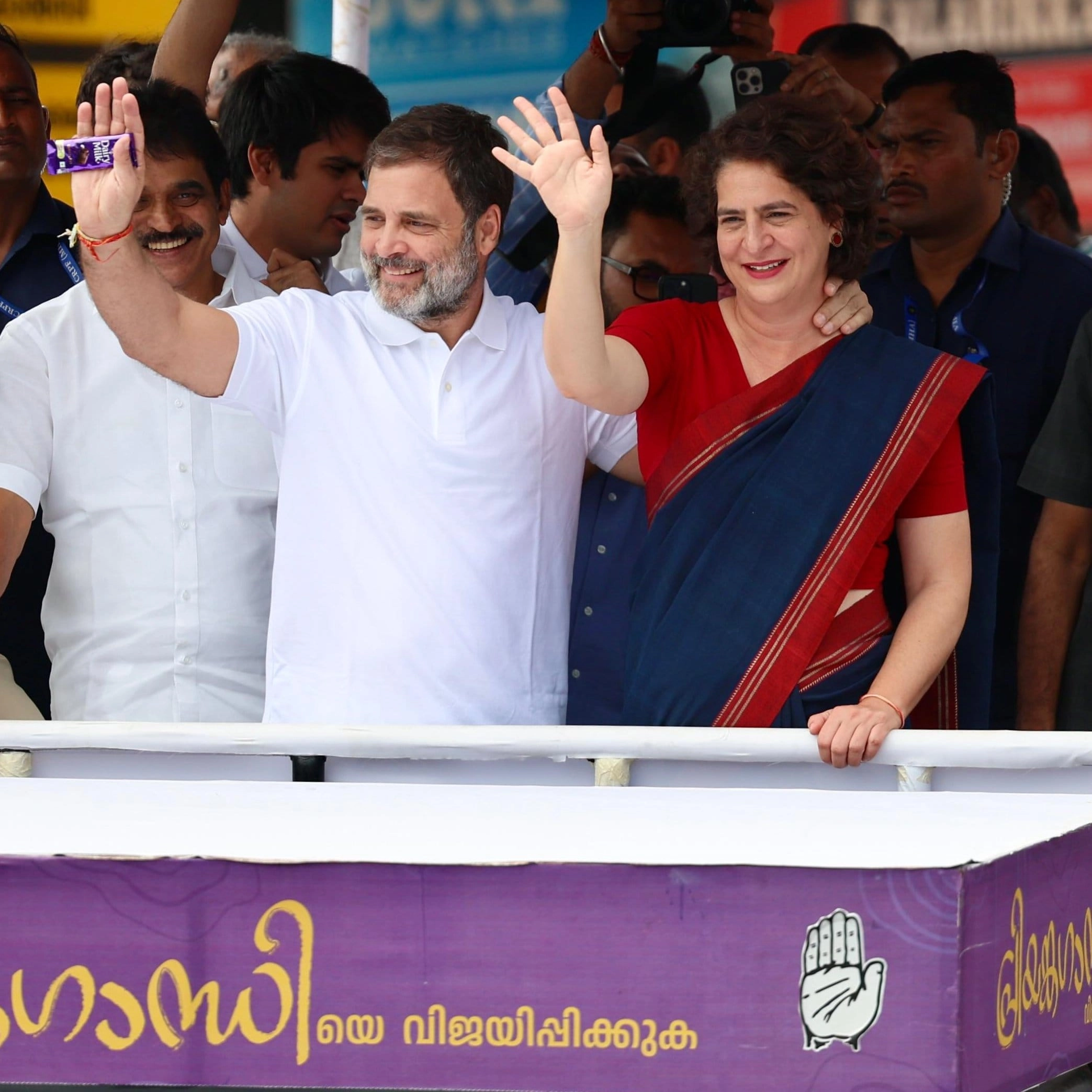The ongoing political discourse surrounding national identity in India has taken a new turn, particularly with the recent comments made by the Bharatiya Janata Party (BJP) in response to Rahul Gandhi’s remarks. The BJP has asserted that if courts are unwilling to determine who qualifies as a national, then it is the responsibility of political leaders to clarify their positions on national identity. This statement underscores the party’s belief in the importance of defining citizenship and national allegiance in a manner that resonates with the broader public sentiment.
Rahul Gandhi, a prominent leader of the Indian National Congress, has often been vocal about issues relating to nationalism and citizenship. His critiques of the current government’s policies, particularly in relation to the Citizenship Amendment Act (CAA) and the National Register of Citizens (NRC), have sparked heated debates across the political spectrum. The BJP’s response indicates a growing frustration with what they perceive as a lack of clarity and commitment from opposition leaders regarding their stance on these critical issues.
The BJP’s remarks highlight a significant dilemma in Indian politics: the intersection of legal frameworks and political rhetoric. While courts may be reluctant to take decisive stances on matters of national identity, the political arena is rife with interpretations and narratives that shape public perception. The BJP’s insistence on political leaders stepping up to define national identity serves as a challenge to opposition parties, urging them to take a firmer stand on issues that are not only legally relevant but also deeply intertwined with the cultural and emotional fabric of the nation.
As the debate continues, it is clear that the question of who is considered a national in India remains contentious and complex. The BJP’s call for clarity from opposition leaders reflects a strategic move to position itself as the definitive voice on nationalism, while simultaneously challenging the Congress party to articulate its own vision for citizenship. This dynamic is likely to play out in the lead-up to upcoming elections, where issues of national identity will undoubtedly be a focal point in campaign narratives, influencing voter sentiments and shaping the political landscape.




